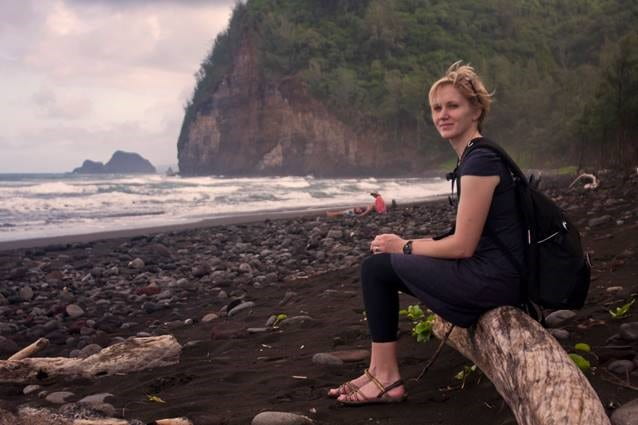
Renee Parks got a first-hand glimpse of the importance of evidence-based public health practice just after graduate school, when she became the health educator for Missouri University of Science & Technology. “It was a really important position for me,” she said. “I saw how challenging it was to actually engage in evidence-based practice and put effective interventions in place; it was one of the reasons I became so interested in D&I research.”
Fast-forward to today, when Parks, in her fifth year at the PRC, is a research project manager who manages the center’s core research project, which is focused on the implementation of policies that address obesity at the local level. She also co-chairs the PRC’s committee for equity, diversity and inclusion, which began work in August 2020 to determine ways in which the center, Brown School, Washington University, and its partners can initiate change to promote racial equity. “We’re assessing current policies and practices in the PRC, our research methods, administrative policies, communication and dissemination and will be recommending changes,” she said. “At the same time, we’re building our skills in racial equity analysis and systems thinking as individuals and as a committee, applying that lens to our committee’s work.”
Parks came to the PRC from Girls on the Run St. Louis, where she was the program director of the physical activity-based youth development program. “I had known about the PRC since grad school,” she said. “I liked what they were doing with tobacco and chronic disease prevention. At Girls on the Run, I worked with Amy Eyler and Cheryl Valko, and when I saw a position available at the PRC, I reached out to Cheryl to learn more.” The job, working with local health departments at the community level, was right in her wheelhouse. “I totally got community health,” she said.
That understanding played into her current role managing the project about local responses to obesity. “Our core research is really interesting,” she said. “We recently connected and interviewed local elected and top appointed officials to understand key factors in their policymaking process. Soon we’ll be working with a handful of communities to figure out the key players and see how they interact, conducting social network analysis, and using that to provide support to communities to get further along in addressing health disparities through policy action. I love working with communities, and providing the support they need.”
Parks lives in South St. Louis with her husband and two children, ages 3 and 7. Her interest in public health extends to her own hobbies: mountain biking, hiking, running, camping and climbing. “We love to get outside,” she said.
Professionally and personally, she’s focused on making a difference for the communities she and the PRC serve as well as the St. Louis region through volunteer and advocacy efforts for equitable food systems and built environments. It’s a focus she had at her first job at Missouri S&T, where she helped put in place a public health framework for addressing health, including a coalition of campus and community leaders to improve the health of both students and the wider community.
The coalition and the approach have lasted long after Parks left. “I’m proud that it’s still going and I was able to make an impact,” she said. She’s still helping to make significant community impact, in her work at the PRC and in St. Louis.